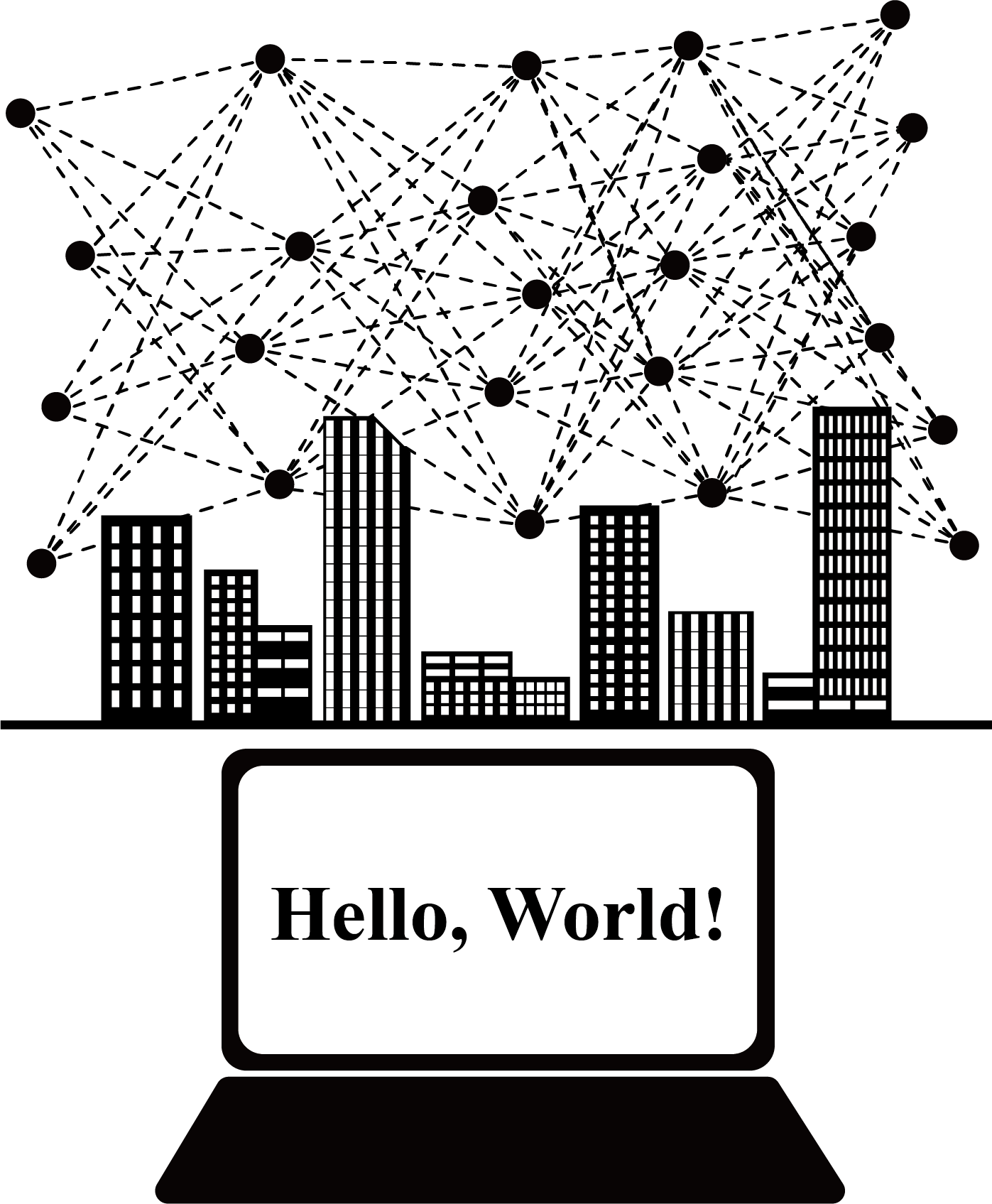
Greeting
- Hello. I am Jun Su Park, an Assistant Professor in the School of AI Convergence at Handong Global University. I develop AI-based methods to advance design optimization and automation, as well as remote and automated inspection and monitoring of construction sites. My goal is to contribute to safer and more efficient built environments.
- I have diverse industry and research experience across large and small companies and universities. The fields I am most interested in include classical mechanics, structural engineering, optimization, neural networks, reinforcement learning, and computer vision. In my spare time, I enjoy playing the guitar, listening to music, drawing scenes and characters, playing table tennis, and gaming.
- If you have questions or would like to talk about my experience, work, or interests, please feel free to request a meeting through the Office Hours menu at the top of this website.